A "serious and rigorous" investigating judge appointed in Apple's "blood minerals" case

Congo is not letting go of Apple and now, an investigating magistrate in Belgium has been assigned to oversee the case initiated by the Democratic Republic of the Congo (DRC) in December, involving allegations against Apple subsidiaries.
The complaints accuse the companies of incorporating so-called conflict minerals into their supply chains, according to a lawyer representing the Congolese government. He described the appointee as a "serious and rigorous judge", Reuters reports, but the person's name was not disclosed.
The outcome of the case will depend on the findings of the magistrate's investigation, as stated by another lawyer involved in the matter.
The DRC is a significant supplier of tin, tantalum, and tungsten – commonly known as 3T minerals – essential components in the production of smartphones, for example. However, some small-scale mines in the region are reportedly controlled by armed groups implicated in severe human rights violations, including massacres, abuse, and looting.
The DRC’s legal team alleges that Apple launders conflict minerals through international supply chains, effectively making the tech giant complicit in crimes tied to the region's unrest.
The complaints also challenge Apple's reliance on ITSCI, an industry-funded certification scheme that Congo argues is flawed. ITSCI has faced criticism, including suspension by the Responsible Minerals Initiative (RMI) in 2022 due to concerns over traceability, yet Apple continues to cite it to validate its supply chain.
The lawsuits accuse Apple subsidiaries in France and Belgium of covering up war crimes, laundering conflict minerals, and misleading consumers about the ethical integrity of their products.
In December, Apple refuted the allegations, asserting that it had instructed its suppliers earlier in 2024 to exclude minerals sourced from Congo or Rwanda. At that time, Congo's legal team expressed cautious satisfaction with Apple's response.
The complaints accuse the companies of incorporating so-called conflict minerals into their supply chains, according to a lawyer representing the Congolese government. He described the appointee as a "serious and rigorous judge", Reuters reports, but the person's name was not disclosed.
The DRC is a significant supplier of tin, tantalum, and tungsten – commonly known as 3T minerals – essential components in the production of smartphones, for example. However, some small-scale mines in the region are reportedly controlled by armed groups implicated in severe human rights violations, including massacres, abuse, and looting.
These issues have prompted activists to call on companies to avoid sourcing such conflict minerals.
The DRC’s legal team alleges that Apple launders conflict minerals through international supply chains, effectively making the tech giant complicit in crimes tied to the region's unrest.
The complaints also challenge Apple's reliance on ITSCI, an industry-funded certification scheme that Congo argues is flawed. ITSCI has faced criticism, including suspension by the Responsible Minerals Initiative (RMI) in 2022 due to concerns over traceability, yet Apple continues to cite it to validate its supply chain.
The lawsuits accuse Apple subsidiaries in France and Belgium of covering up war crimes, laundering conflict minerals, and misleading consumers about the ethical integrity of their products.
In December, Apple refuted the allegations, asserting that it had instructed its suppliers earlier in 2024 to exclude minerals sourced from Congo or Rwanda. At that time, Congo's legal team expressed cautious satisfaction with Apple's response.


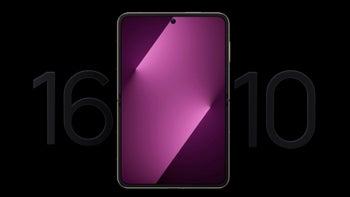
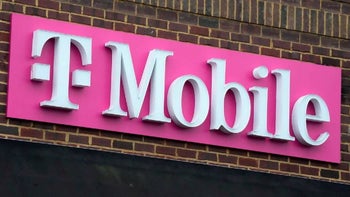
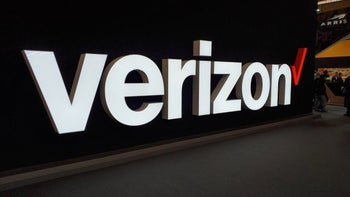

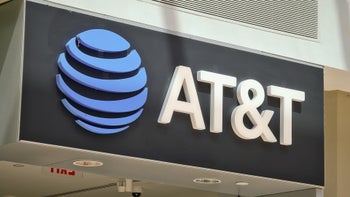


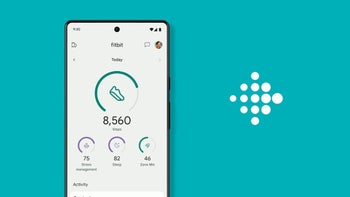





Things that are NOT allowed: